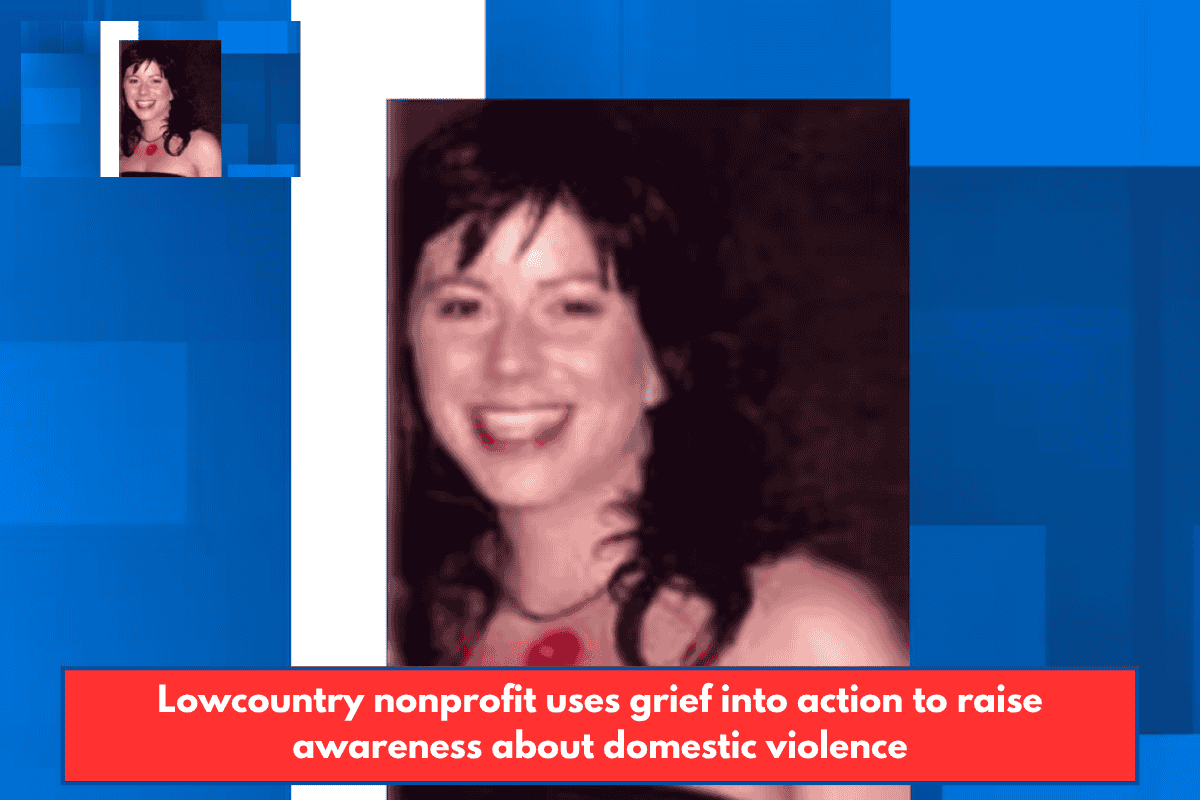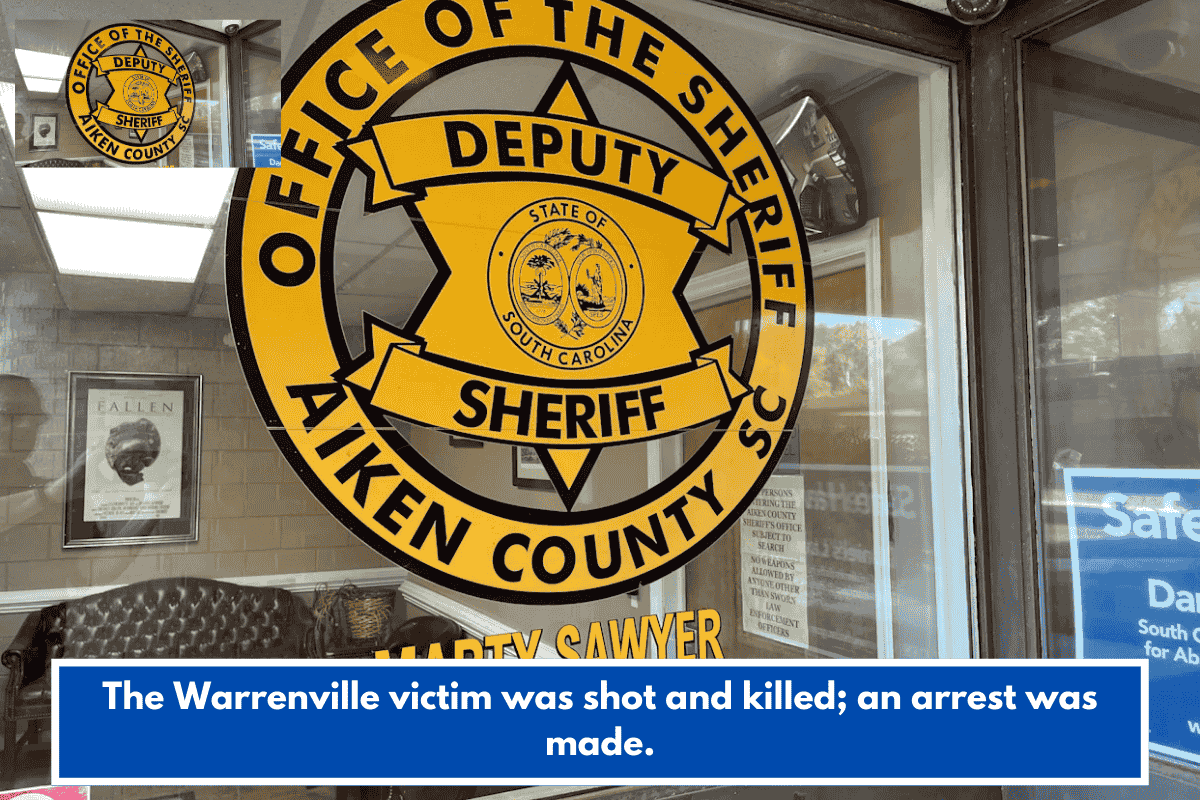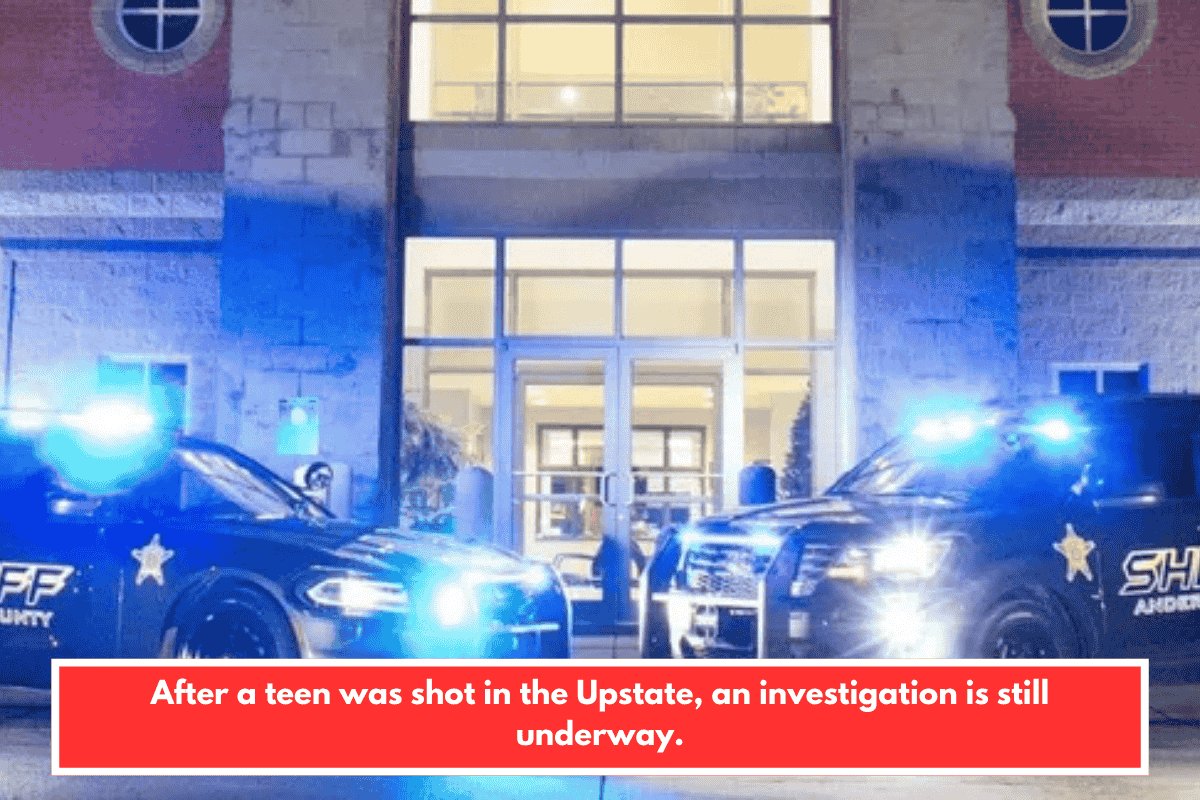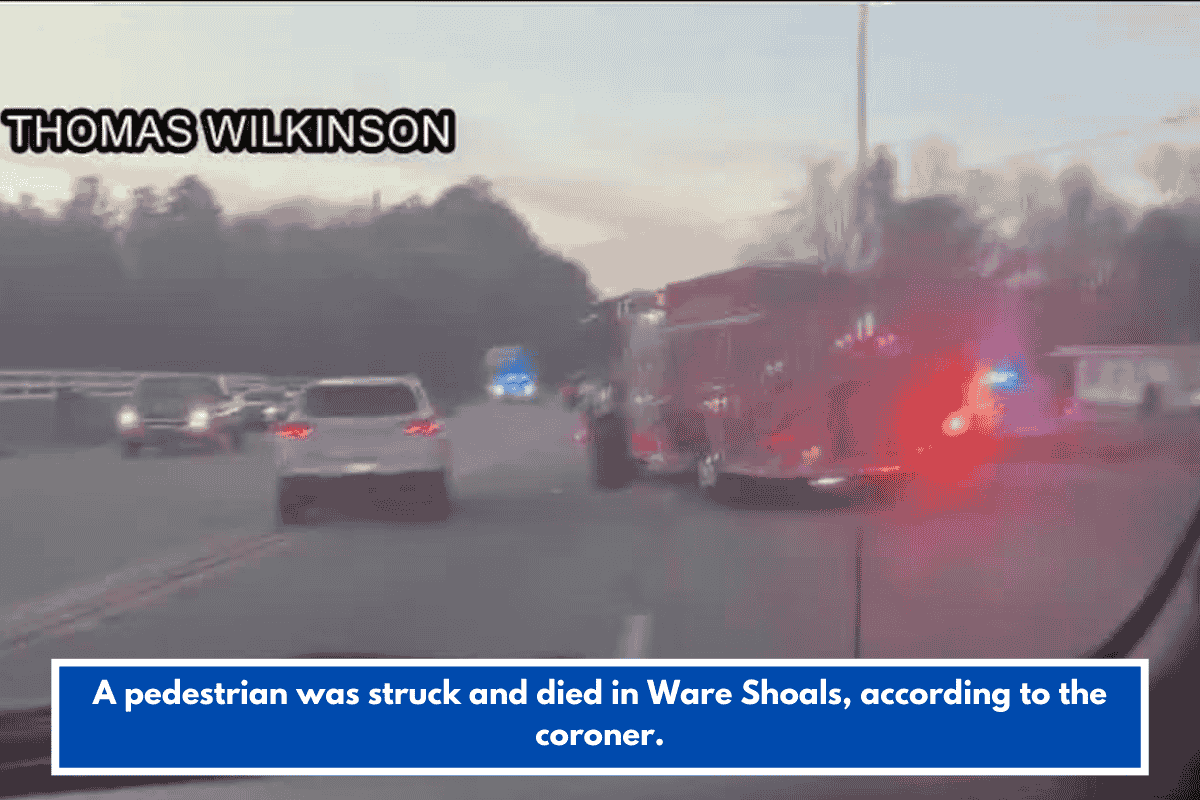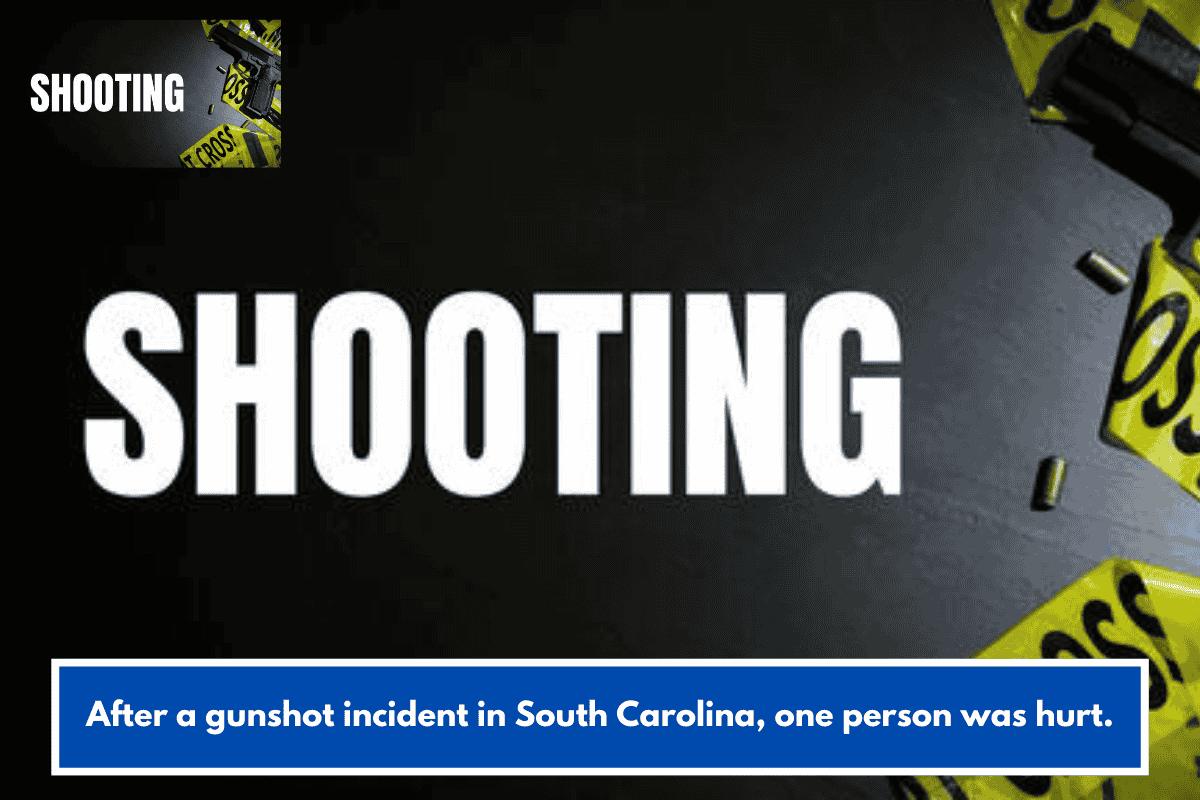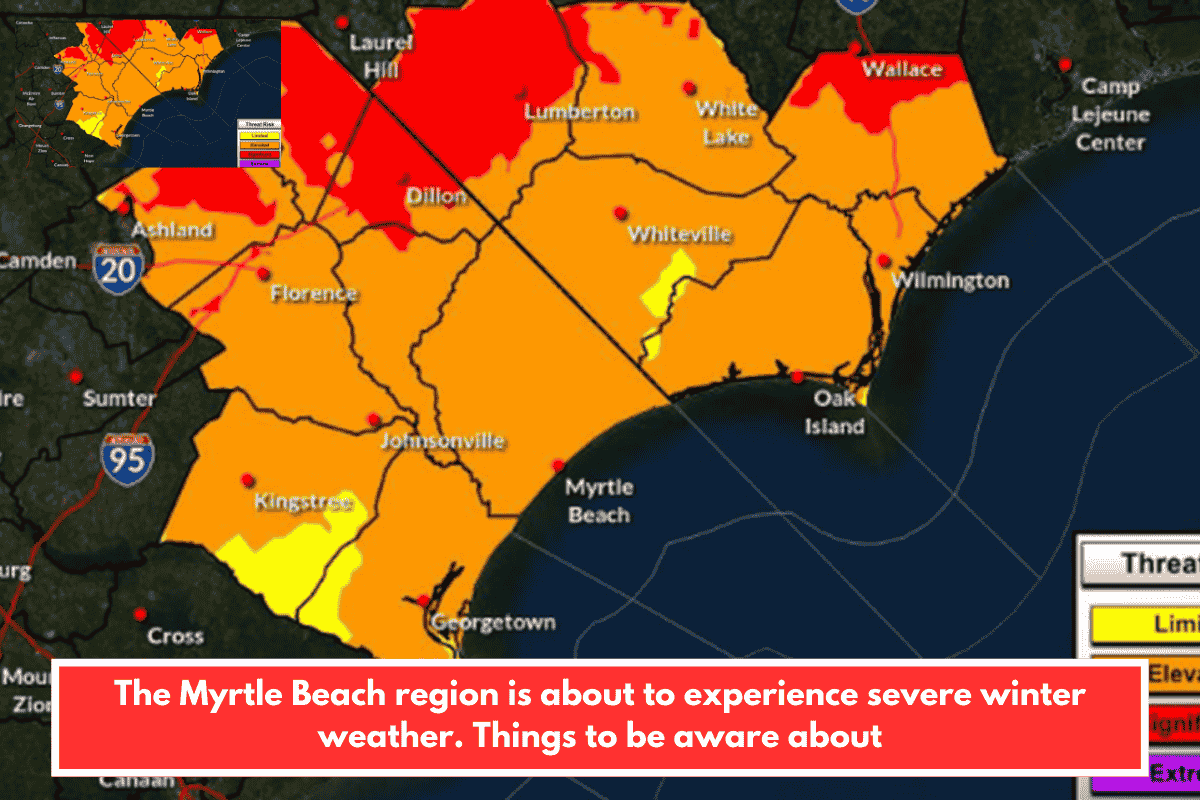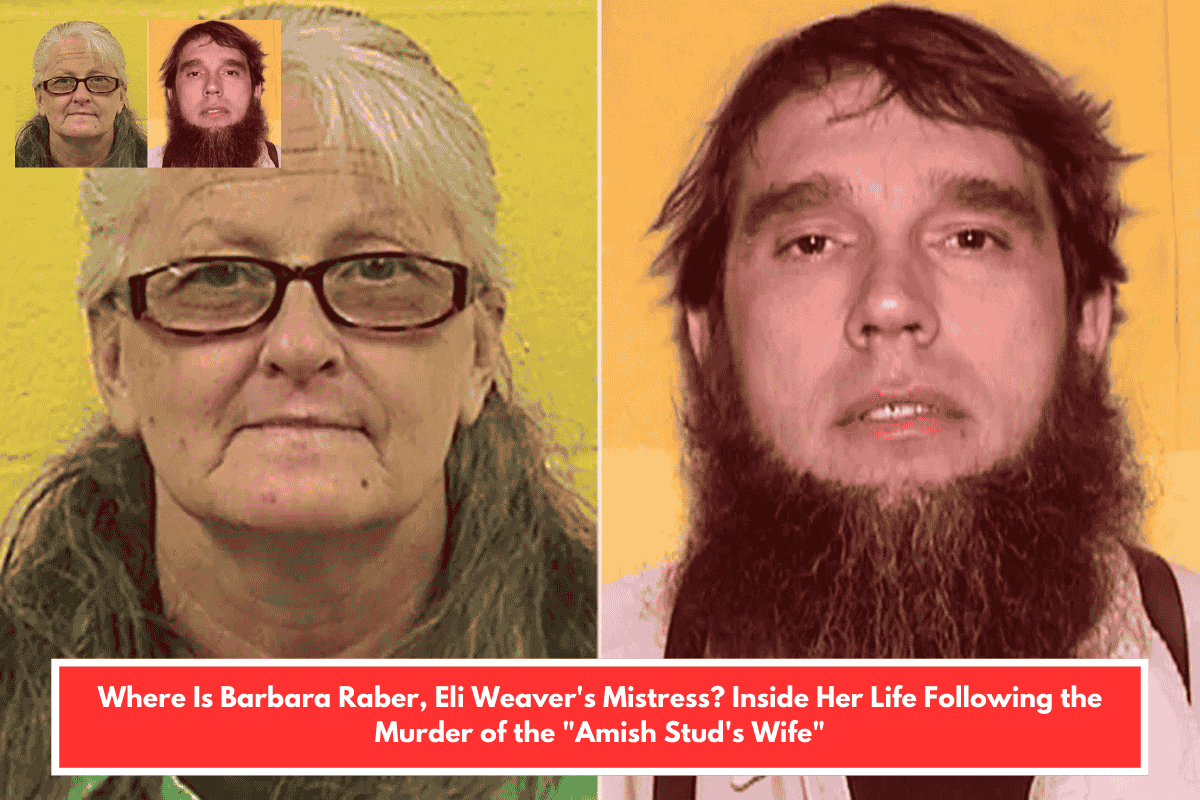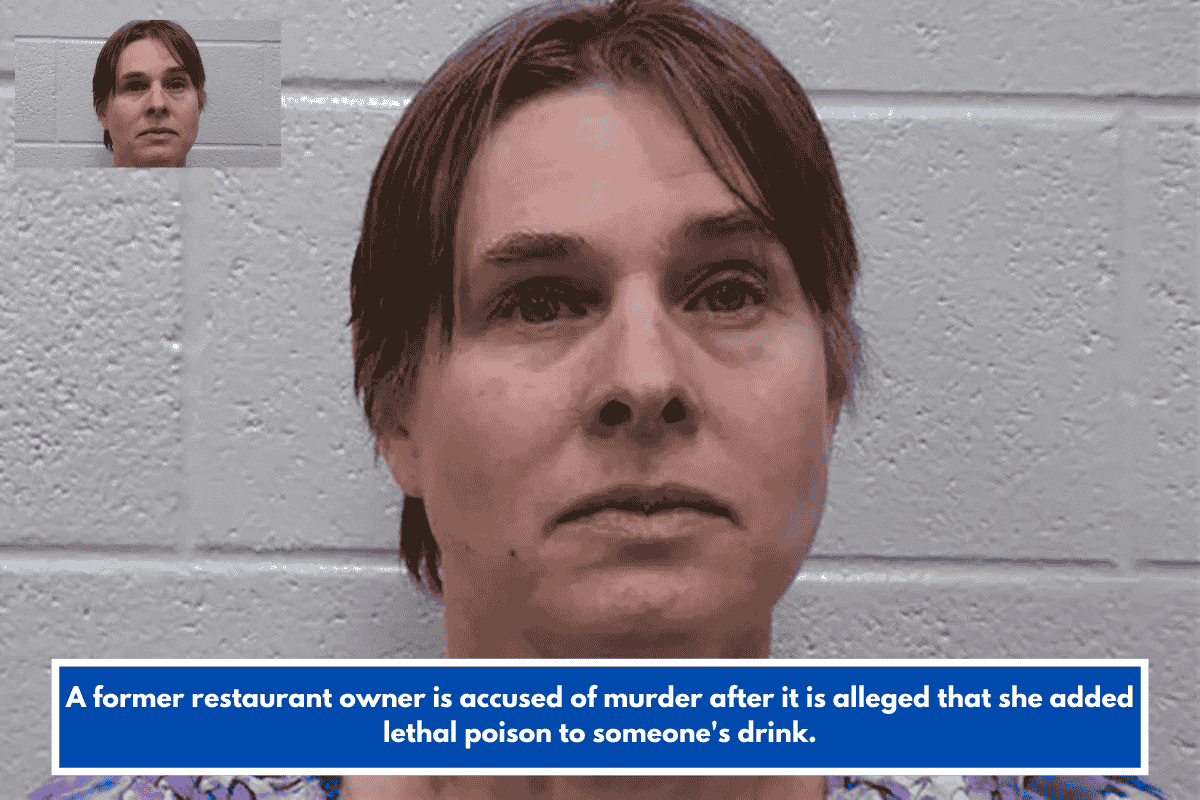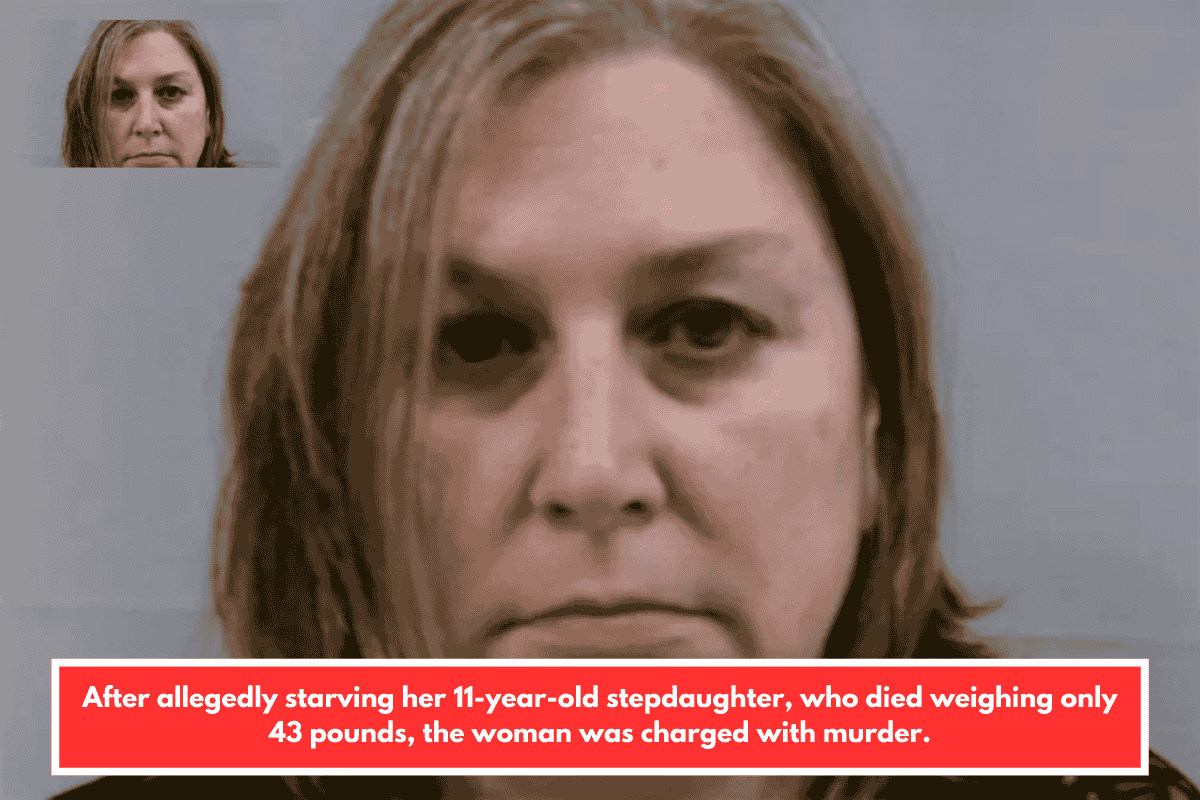Charleston, South Carolina – For one Lowcountry family, October’s National Domestic Violence Awareness Month holds special significance as they mourn their daughter’s death 21 years ago.
Doug and Shirley Warner’s daughter, Liza Warner, was slain in an act of domestic violence, a tragedy that motivated them to help others find safety before it was too late.
On October 1, 2004, Liza Warner was shot by her husband, who then committed suicide. This came after she fled to New York City in search of a new life free of his abuse. Every October since has been a sad reminder for the Warners, as well as a call to action to effect change.
To honor their daughter’s memory, the family established Liza’s Lifeline in 2008, a nonprofit organization dedicated to interrupting the cycle of abuse via financial help, education, and activism.
The charity educates schools and community organizations about the warning signs of domestic abuse and offers crucial, hands-on assistance to survivors, such as paying for housing deposits, gas, or car repairs, allowing them to safely leave violent situations. Liza’s Lifeline also conducts a pet protection program to keep survivors’ pets safe as they transition to stability.
Susie Ash, president of Liza’s Lifeline, stated that these services can be life-changing for victims who frequently have nowhere else to turn.
“We had a victim not too long ago who was eight weeks pregnant and needed to get out of Charleston before her abuser got out of jail,” Ash told me. “That is one of the things we do.” We had Mandy Matney and her husband from the True Sunlight podcast donate a car to us this summer, and we were able to give it to a woman with two young children, which was a game changer. We want to be able to continue doing it.”
According to the South Carolina Governor’s Office, the state ranks second in the US for the number of women slain by men and has been in the top ten for the past 12 years. In 2023, the state had 55 confirmed domestic violence homicides.
While the state has established a Domestic Violence Task Force and increased resources to combat the issue, Ash believes more awareness of the hazards victims face when they leave is still required.
“There wasn’t a way for her to know until it got to that point,” Ash told me. “The time that a person is in the most danger is when they try to leave a domestic violence relationship rather than when they’re just existing in one.”
She said that fear, love, and a lack of resources frequently prevent victims from fleeing.
“That’s one of the reasons a lot of times people don’t leave,” she told me. “If you’ve ever loved somebody, then you understand why people stay.”
In addition to lobbying and education, Liza’s Lifeline has been working on policy change.
“We’re able to legislate in Columbia, and we’ve been working on a bill for three years now, House Bill 3569,” Ash told the crowd. “It gives victims in a domestic violence relationship the ability to get out of their lease without getting an eviction on their record or being held financially responsible for damages to their house.”
Ash believes that protection can make a significant difference for survivors looking for safe homes.
“Not being held financially responsible in a lease is huge,” she told me. “But one of the most common issues we face with domestic abuse victims is that they are unable to find another place to live because they have an eviction on their record, and few landlords want to rent to someone with that background. If you can get out of your lease without being evicted, it will be much easier to find another accommodation.
House Bill 3569 has previously passed twice in the South Carolina House of Representatives, and supporters hope that this is the year it passes through the Senate and becomes law.
Meanwhile, statewide organizations work to remedy more gaps in South Carolina’s legal protections. The South Carolina Coalition Against Domestic Violence and Sexual Assault has been campaigning for legislation that would include dating violence under the state’s domestic abuse laws, which now leave thousands unaccounted for and unprotected.
According to Ash, this is also critical because the omission of dating violence from the legal definition means that many victims, particularly young people, are not recorded in state statistics or protected under current laws.
For advocates like Ash, pushing for improved laws goes hand in hand with giving on-the-ground support. Although she stated that South Carolina has made significant progress in combating domestic abuse, there is still much work to be done.
“I think that we’ve come a long way,” Ash stated. “And I think that we have a very long way to go, especially here in South Carolina.”

